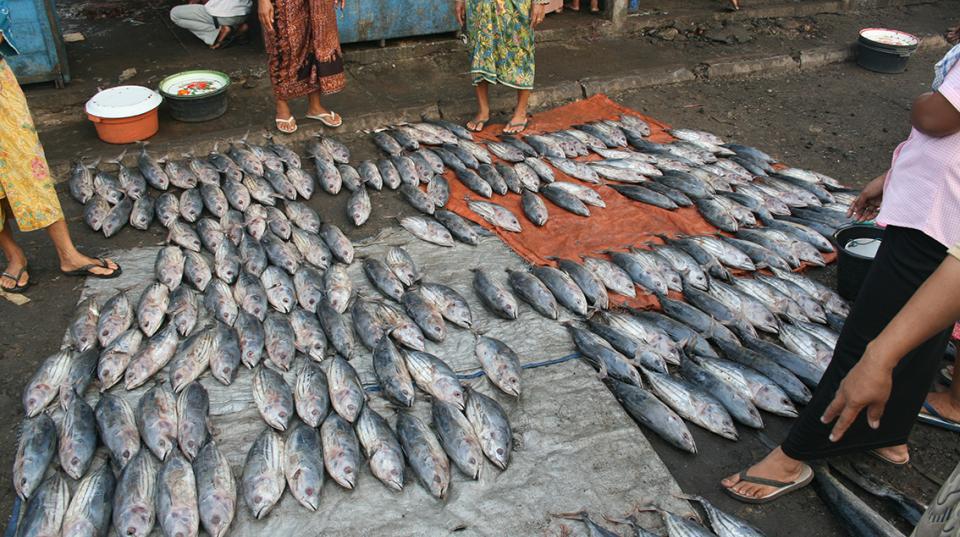Overview
This project aimed to expand the species coverage of the fishIDER website to include an additional 200 species of important food fish and non-fish groups.
Accurate identification of fish is a fundamental part of fisheries monitoring programs. Fisheries assessments regularly rely on fish catch data which is recorded by port based and/or on-board fisheries collection/monitoring staff. The quality of these assessments can be greatly impacted by data that is flawed as a result of incorrectly identified fish species. fishIDER (fish Identification Database and Education Resource), was developed in a previous SRA project (FIS/2016/048) to improve fish species identification in Indonesia and provide a training platform for users. The first stage focused on pelagic fishes (tunas, billfishes, sharks).
This SRA focused on developing content for the key inshore food fish groups, i.e. snappers, fusiliers, emperors, trevallies and groupers. Content for a total of 173 species were developed for fishIDER during this SRA, bringing the total species to 261 when combined with the pelagic species from the previous SRA.
Project Outcomes
- Populating the website with the key groups of reef fish known to be important food fish in Indonesia, in particular the snappers (Lutjanidae, Caesionidae), emperors (Lethrinidae), and groupers (Serranidae).
- Populating the website with key non-fish groups, in particular lobsters, prawns, squid, hard-shelled molluscs, turtles, etc.
- Providing further training to an Indonesian partner scientist to enable contributions from Indonesia in the populating of content, assistance with translations into Bahasa Indonesia, and management of the website.
- Improving the websites functionality including responding to users’ feedback following its launch in mid-2018.





